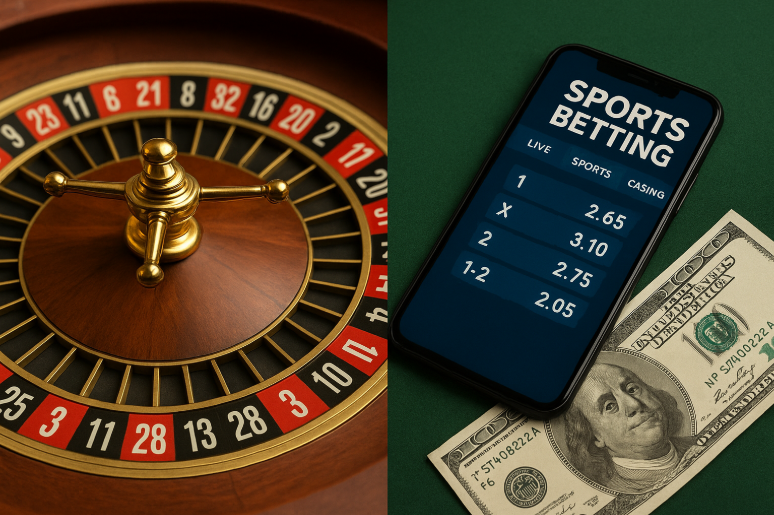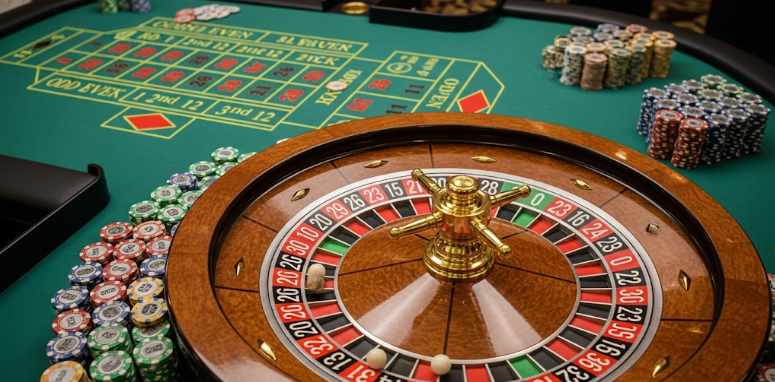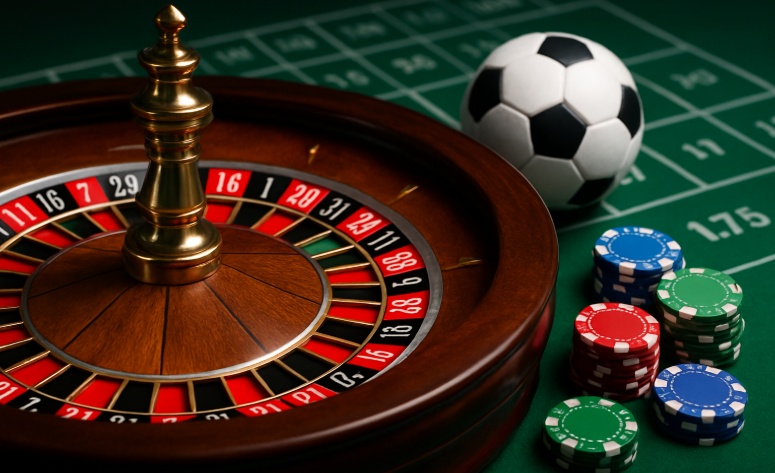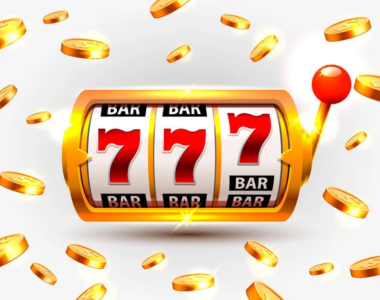
When people gamble, they usually go for one of two things. Some like roulette, where the wheel spins and you find out if you’ve won in just seconds. Others prefer sports betting, where you try to use your knowledge of teams and players to make the right call. Both are fun, but if we ask which one is better in the long run, roulette might actually come out on top.
Let’s break it down step by step.
How Roulette Works

Roulette is one of the simplest casino games. You’ve probably seen it before: a wheel, a little ball, and people placing chips on a table with numbers and colors. You can bet on red or black, odd or even, or pick a specific number if you want to go for a big win.
There are two main types:
- European roulette has 37 slots (1–36 plus a single zero).
- American roulette has 38 slots (1–36 plus a zero and a double zero).
That one extra slot in American roulette gives the casino a bigger advantage.
The casino’s advantage is called the house edge. In European roulette, it’s about 2.7%. In American roulette, it’s about 5.26%. What this means is that in the long run, for every £1 you bet on a European wheel, you’ll lose about 3p on average.
The good thing about roulette is that it’s clear and consistent. The edge doesn’t change no matter what kind of bet you make. Every spin is random, and nothing carries over from one round to the next. If you want to learn more about roulette, Roulette UK Online has easy guides that explain the rules and strategies.
How Sports Betting Works

Sports betting feels different because it’s tied to real events. You might bet on who wins a football match, how many points will be scored, or even which player will score first. It feels like you can use skill and knowledge to beat the system.
But here’s the catch: sportsbooks don’t offer fair odds. They build in a margin called the overround. This is their way of making sure they profit in the long run.
For example, if two teams are equally matched, fair odds should be 2.0 (or “evens”) on each. A bookmaker might instead offer 1.91 for both. That small difference means they take a cut no matter what happens.
On average, the bookmaker’s margin is about 4% to 7%, which is actually worse than the edge in European roulette. And because sports involve so many unpredictable factors—injuries, weather, referee decisions—it’s harder to rely on skill alone.
Comparing Roulette and Sports Betting Over Time
So which one holds up better if you keep playing?
Predictability
Roulette is straightforward. The house edge is always the same.
Sports betting isn’t as clear. Margins vary from one sport to another, but most of the time, they’re higher than roulette’s.
The Numbers Even Out
In both games, the law of large numbers kicks in. That means if you play long enough, your results will settle close to the built-in edge. For roulette, that’s about 2.7%. For sports betting, it’s usually higher.
Chasing Big Wins
In sports betting, a lot of people like to play accumulators or parlays, where you combine several bets into one. The payouts look huge, but the bookmaker’s edge multiplies with each leg. It’s very hard to win those long term.
Roulette also has high-risk bets, like betting on a single number. But the house edge doesn’t get worse when you choose riskier bets. It’s the same every time.
The Psychology of Each
The way each game feels also makes a difference.
Roulette is quick and clear. You place your bet, the ball spins, and you get your answer right away. There’s no pretending that you can control the outcome.
Sports betting feels more like a test of knowledge. If you know the players or follow the stats, you might think you have an edge. But in reality, most people don’t have the time, money, or discipline to beat the bookmaker’s margin.
Roulette also doesn’t take much time to learn. You can understand the basics in minutes. Sports betting can get complicated with all its odds, markets, and formats.
Which Is Better in the Long Run?

If we’re talking purely about math, roulette beats sports betting in the long run. European roulette has a lower edge, it’s predictable, and it doesn’t hide the rules. Sports betting, on the other hand, usually takes more from you and makes it harder to see how.
Of course, both games are designed so the house wins eventually. Neither is a reliable way to make money. But if you’re comparing the two, roulette is simpler and fairer.
There is one exception worth noting: a very small number of professional sports bettors, called “sharps,” can sometimes beat the odds. They use advanced data, strict money management, and big bankrolls. But for the average person, that’s not realistic. Roulette is the more straightforward choice.
In the long run, gambling always favors the house. But if you’re deciding between roulette and sports betting, roulette comes out ahead. It’s easier to learn, faster to play, and more predictable in how much it takes.
Sports betting might feel like a game of skill, but its hidden margins and unpredictable nature usually make it harder to beat. If you’re playing for fun, roulette offers a fairer and more transparent experience.
And if you want to dive deeper into the rules and strategies, Roulette UK is a helpful place to start.



